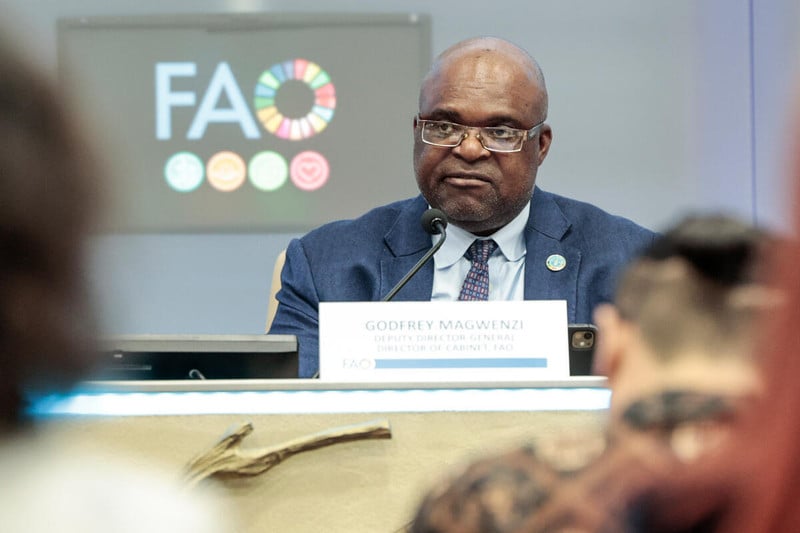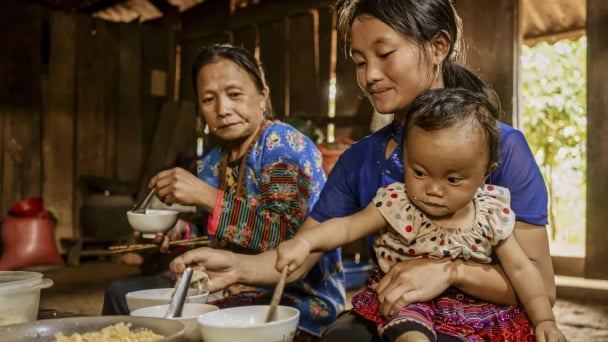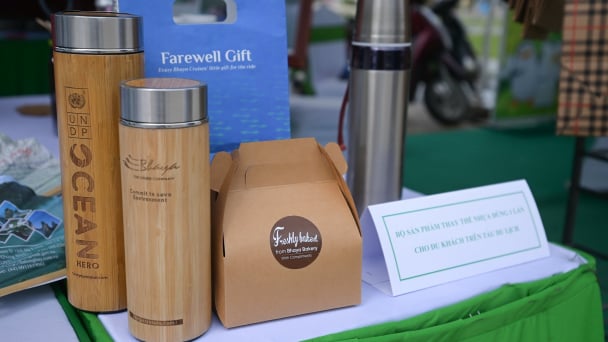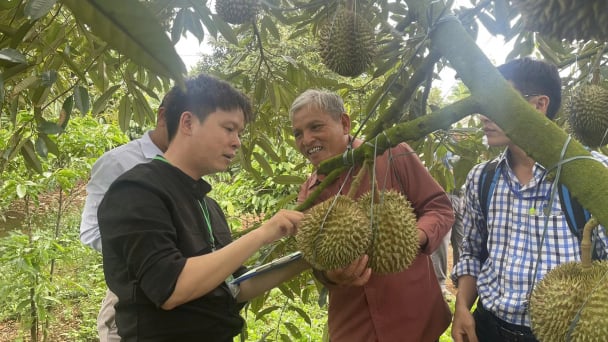June 1, 2025 | 12:53 GMT +7
June 1, 2025 | 12:53 GMT +7
Hotline: 0913.378.918
June 1, 2025 | 12:53 GMT +7
Hotline: 0913.378.918

On 17 March 2025 in Rome, Italy, FAO deputy director-general Godfrey Magwenzi updated FAO members on avian influenza. Photo: FAO/Cristiano Minichiello.
The spread of H5N1 highly pathogenic avian influenza, bringing losses of hundreds of millions of poultry worldwide with increased spillover into mammals, highlights the urgent need for strengthened biosecurity, monitoring and surveillance, rapid-response mechanisms, and risk communication to safeguard the poultry sector and protect livelihoods and economies.
FAO deputy director-general Godfrey Magwenzi described the spread of the disease as unprecedented, “leading to serious impacts on food security and food supply in countries, including loss of valuable nutrition, rural jobs and income, shocks to local economies, and of course increasing costs to consumers.”
Among the complex challenges avian influenza poses are how to protect poultry production systems to ensure food security and the nutrition of the millions who rely on poultry for meat and eggs. Additional challenges revolve around safeguarding biodiversity, livelihoods and safe trade, and preventing social impacts, most often borne by poultry farmers, Magwenzi said.
A coordinated response needed
FAO deputy director-general Beth Bechdol emphasised that this is a transboundary issue requiring a global, coordinated response. “FAO has been on the front lines of tackling this virus for over 20 years – supporting governments in detecting, preventing, and responding to outbreaks,” she said.
To strengthen these efforts, FAO and the World Organisation for Animal Health (WOAH) have launched a 10-year global strategy for the prevention and control of high pathogenicity avian influenza.
For global updates and more information on avian influenza, click here
Bechdol highlighted FAO’s role in combating avian influenza and other potential pandemic threats, underscoring the importance of strong veterinary and animal health system capacity in every country. “A chain is only as strong as its weakest link. By working together, we can reduce the impact of avian influenza and protect both animal and human health – locally and globally,” she said.
The last 4 years have seen a major shift in avian influenza in terms of geographical spread, with increased spillover to mammals and massive losses in domestic birds, impacting food security and driving up prices for poultry products. Large numbers of wild birds have succumbed to the disease, harming biodiversity with at least 300 newly-affected wild bird species since 2021.
FAO called on countries to take several measures to address the global avian influenza challenge:
Enhance surveillance and reporting
Improve laboratory capacity
Develop and implement preparedness plans and plan for business continuity
Promote risk management through biosecurity
Consider a potential role for vaccination in risk mitigation
Strengthen outbreak response
Foster regional and international cooperation
(Poultryworld)

(VAN) 30 experts in health, agriculture and environment participated in a consultation workshop to inform the development of a methodological framework aimed at supporting Vietnam’s transition to a sustainable food system.

(VAN) Over the past five years, Quang Ninh Province has vigorously and synchronously implemented the ‘Say No to Plastic Waste’ campaign, yielding positive outcomes in advancing sustainable tourism.

(VAN) The prevention of plastic pollution necessitates collaboration among governments, businesses, and citizens. Today's little things contribute to a future free of plastic.

(VAN) This was the directive given by Deputy Minister Phung Duc Tien during a meeting with the Department of Livestock Production and Animal Health, and relevant stakeholders to prevent and control African swine fever.

(VAN) For the durian industry to succeed, the value chain must fulfill its commitments to the government, the community, and international partners.

(VAN) Vaccinating juvenile pangasius helps reduce disease, antibiotic use, and farming costs, increasing profits for export-oriented farmers in An Giang.

(VAN) Due to a limited supply of workforce and competitive recruitment requirements, businesses struggle to retain talented veterinary human resources.